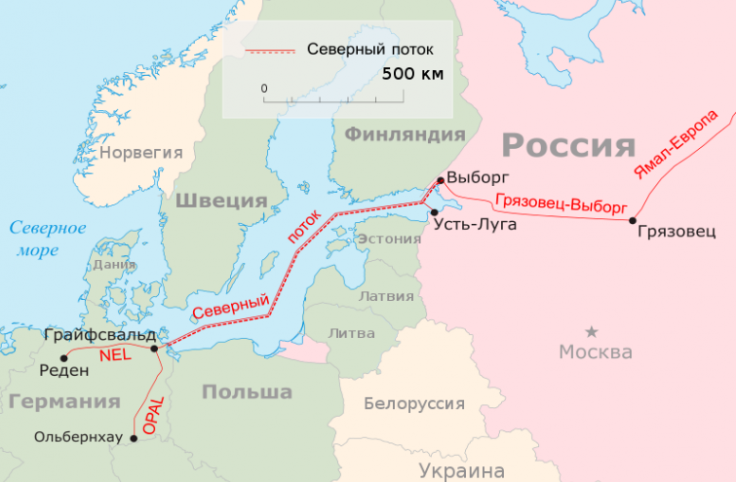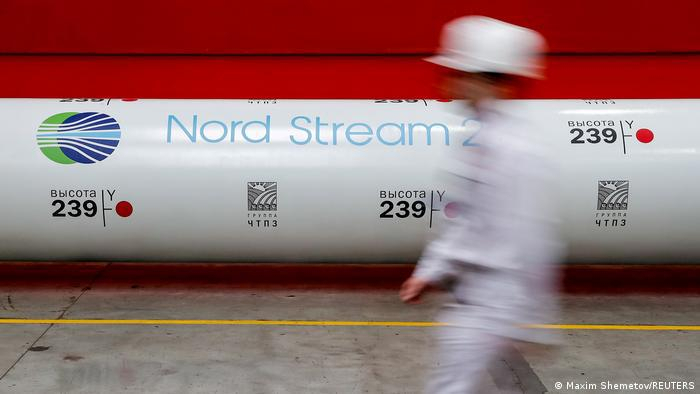Russia has cut gas supplies to Europe, drawing condemnation from the bloc, which is hopelessly dependent on Moscow for its energy needs. Russian energy giant Gazprom said on Tuesday it was cutting Nord Stream natural gas supplies to Europe for undertaking repair works. The move immediately drew criticism from Germany, which has been scrambling to fill up its reserves.
The German economy minister said the Russian move was political, but that accusation is a double-edged sword inasmuch as the West itself is using energy as a tool of diplomacy to force Russia's hand. German Economy Minister Robert Habeck said the Russian move was "a political decision and not a technically justifiable decision".
'Weaponizing Energy'
According to Gazprom, deliveries via the Nord Stream pipeline have been slashed by around 40 percent as Siemens is undertaking repairs on the compressor units.

Europe is rightly accusing Russia of weaponizing energy as Putin inflicts economic pain on the bloc that is offering full-on support to Ukraine. However, Europe and the US are themselves weaponizing trade through multi-fold sanctions and the planned oil embargo.
The European Union is is in a miserable Catch-22 situation wherein they are funding the war in Ukraine by consuming more of Russian gas in order to fill up their reserves, while professing to phase out business transactions with Moscow.
According to an analysis by the Spanish central bank, the European Union's GDP could drop by up to 4.2 percentage points if energy imports from Russia are halted.
Political Exigency
Europe faces the political exigency of standing together against Russia and try to 'defund' the Russian war against Ukraine. But it is easier said than done. Replacing Russian energy without causing a huge dent on the economy is a near impossible challenge for the bloc.

It would take years for Europe to find replacement for Russian natural gas, to which it has become addicted over the years. While oil and coal are more easily replaceable, natural gas is not, as it is more difficult to extract and transport.
Germany's Deutsche Bank has already warned that "a significant recession" is virtually unavoidable if Russian were to halt oil and natural gas supplies.
Other large EU economies like Italy, France and Austria also rely too much on Russian natural gas, which means a contraction in the large EU economies will have a visible knock-on effect across the bloc.
Germany's Lifeline
Russia has already shut off gas supplies to Poland, Bulgaria, Finland and the Netherlands after these countries refused to pay for gas in Russian roubles.
The Nord Stream pipeline, which was commissioned in 2012, has been the lifeline for Germany after the country phased out nuclear power following the Fukushima crisis in Japan.
Germany has said the Russian claim that the gas line is shut for repair is dubious. The Germans say that "the first set of maintenance works where this would have become relevant will not take place until autumn," according to Reuters. They also say that even a repair of that scale will not warrant slashing of supplies "on the order of 40 percent".








